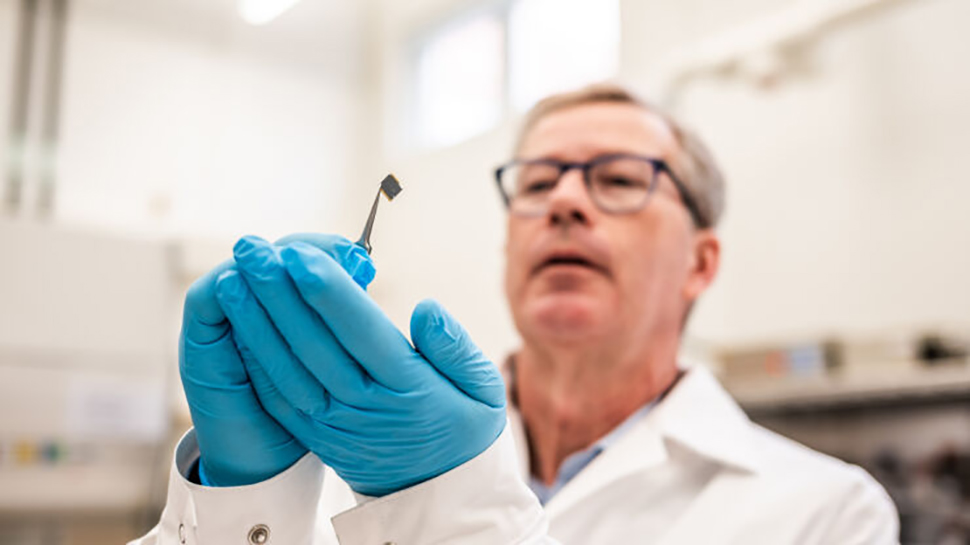
Described by Nature as the “gilded cousin of Graphene”, Goldene is a one-atom-thick sheet of gold created by scientists from Linköping University (LiU) in Sweden.
It has unique properties that the researchers believe could pave the way for applications such as carbon dioxide conversion, hydrogen production, water purification, and communication.
Shun Kashiwaya, a researcher at the Materials Design Division at LiU, explains, “If you make a material extremely thin, something extraordinary happens. As with Graphene, the same thing happens with gold. As you know, gold is usually a metal, but if single-atom-layer thick, the gold can become a semiconductor instead.”
An accidental discovery
Historically, attempts to create single-atom sheets of gold have been hindered due to the metal’s propensity to lump together. However, the successful creation of Goldene was achieved via a century-old Japanese smithing technique called Murakami’s reagent, which etches away carbon residue. For this task the team used an oxidizing reagent.
To produce Goldene, the researchers used a three dimensional base material with layers of gold sandwiched between titanium and carbon.
There was an element of serendipity to the creation of Goldene however, as Lars Hultman, professor of thin film physics at LiU admits. “We had created the base material with completely different applications in mind. We started with an electrically conductive ceramics called titanium silicon carbide, where silicon is in thin layers. Then the idea was to coat the material with gold to make a contact. But when we exposed the component to high temperature, the silicon layer was replaced by gold inside the base material.”
The LiU researchers now plan to turn their attention to exploring whether other noble metals could undergo a similar process and yield yet more unimaginable applications.
Funding for this research was provided by a range of institutions, including the Swedish Research Council, the Swedish Government’s Strategic Research Area in Materials Science, and Linköping University.




















+ There are no comments
Add yours